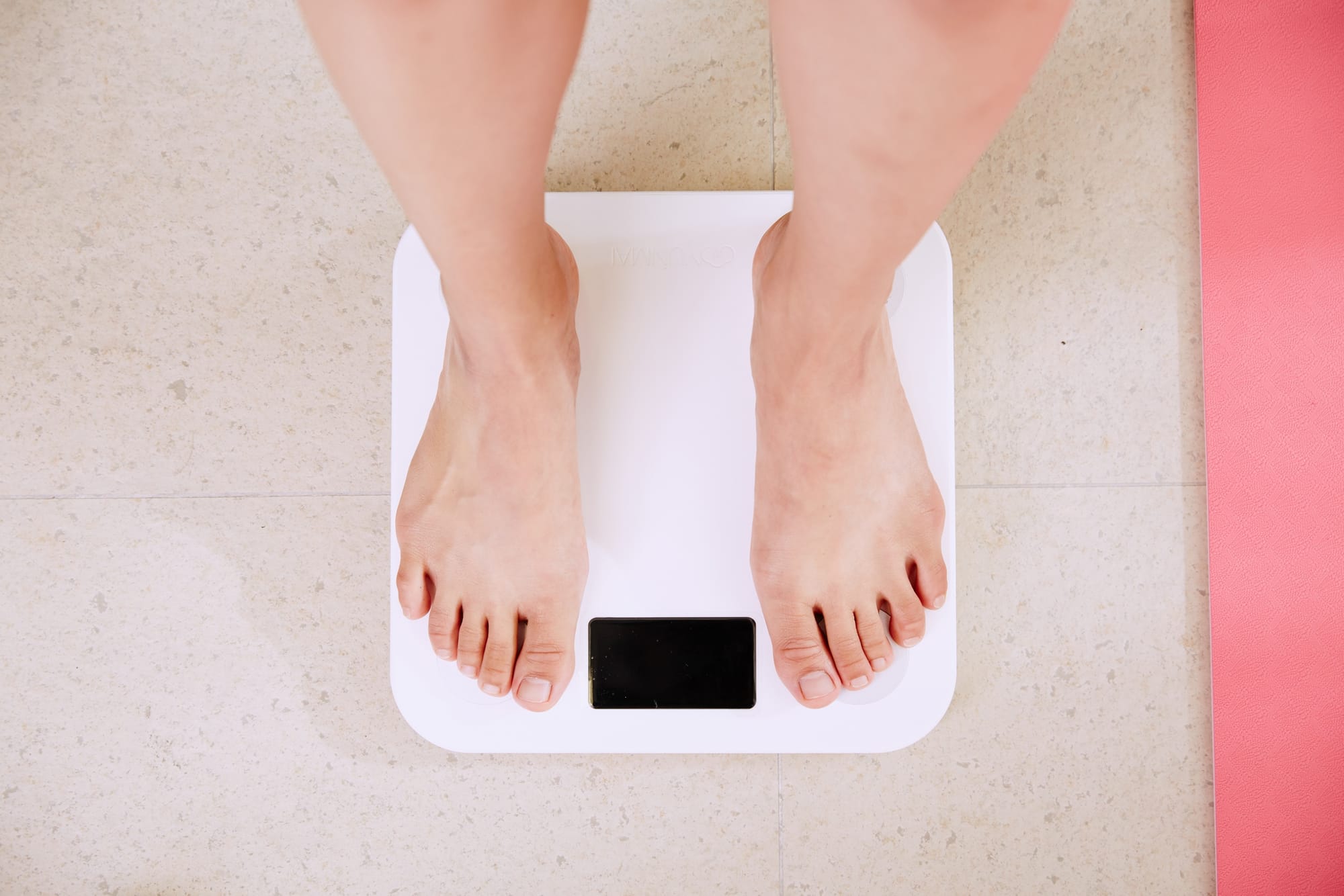10 consejos para perder peso

Here are 10 tips for losing weight:
1. Set realistic goals: Start by setting achievable and realistic weight loss goals. Aim for a gradual and sustainable weight loss of 1-2 pounds per week.
2. Create a calorie deficit: To lose weight, you need to consume fewer calories than you burn.
Calculate your daily calorie needs and create a calorie deficit by eating slightly fewer calories or increasing your physical activity.
3. Eat a balanced diet: Focus on consuming a variety of nutrient-dense foods, including fruits, vegetables, whole grains, lean proteins, and healthy fats.
Avoid or limit processed foods, sugary drinks, and high-fat snacks.

4. Portion control: Be mindful of your portion sizes. Use smaller plates and bowls to help control your portions and avoid overeating.
5. Stay hydrated: Drink plenty of water throughout the day.
Water can help you feel full and may reduce your calorie intake.
6. Regular physical activity: Incorporate regular exercise into your routine.
Aim for at least 150 minutes of moderate-intensity aerobic activity or 75 minutes of vigorous-intensity activity per week, along with strength training exercises.

7. Get enough sleep: Aim for 7-9 hours of quality sleep each night.
Lack of sleep can disrupt your metabolism and increase cravings for unhealthy foods.
8. Manage stress: Find healthy ways to manage stress, such as practicing relaxation techniques, engaging in hobbies, or spending time with loved ones.
Stress can lead to emotional eating and hinder weight loss efforts.
9. Track your progress: Keep a food and exercise journal to track your progress.
This can help you identify patterns, make adjustments, and stay accountable.

10. Seek support: Consider joining a weight loss support group or working with a registered dietitian or a personal trainer.
Having support and guidance can increase your chances of success.
Remember, it's important to consult with a healthcare professional before starting any weight loss program to ensure it's safe and suitable for your individual needs.
Comentarios